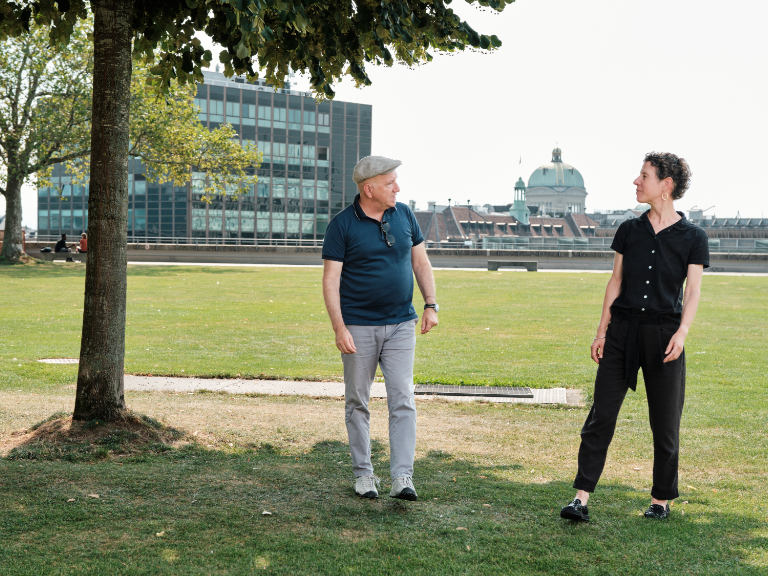Sender: Bern Education Commission
Wishes and expectations from politicians
Seven members of the Education Commission of the Cantonal Parliament write to the University of Bern. They describe their view of the role of the University within the education system, its responsibility to society, and also their idea of how visible and accessible a university should be today.
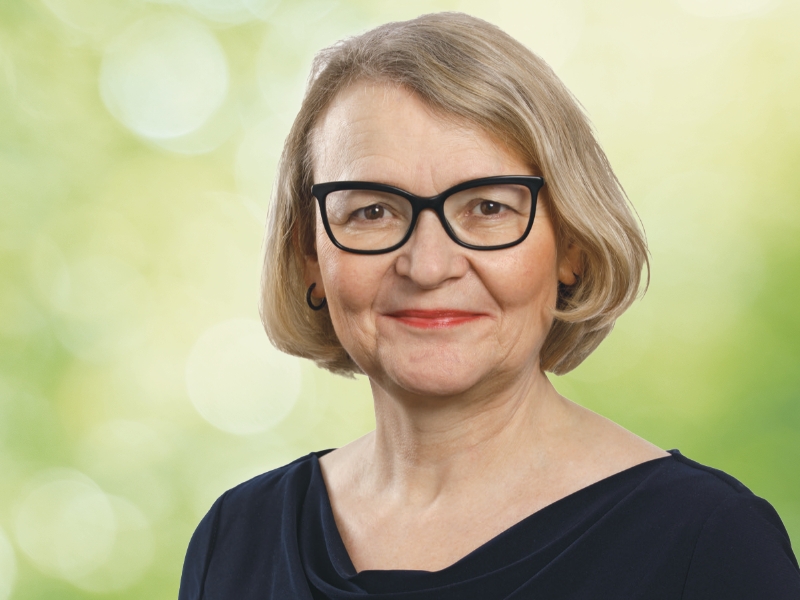
“The University should be accessible”
Overall, education is a key factor in the well-being of a society – from early childhood education through all stages of our school and training system to continuing education and programs for the elderly. At the individual level, education is the key to a self-determined life and, from an economic perspective, the basis for innovation and development as well as for securing sufficient skilled workers and jobs. In all of this, the University plays an important leading role in Bern’s educational landscape. With its particular strengths in areas such as medicine and healthcare, the humanities and climate and environmental sciences, it conducts research and teaches in areas that are crucial to people’s daily lives. As a politician, I want to further strengthen and support the University in its tasks.
I expect the University of Bern to see itself as part of the overall educational landscape and to be prepared to collaborate, for example with universities of applied sciences or institutions of continuing professional education. This does not in any way detract from the high-quality educational offer – an offer that is to be commended! The University should be accessible, not an ivory tower, and show the population again and again the good it is doing. And: Please make progress with the proportion of women in governing bodies and professorships!
Greater visibility

“If your plan is for one year plant rice. If your plan is for ten years plant trees. If your plan is for one hundred years educate children.”
What Confucius said hundreds of years ago still applies to our educational institutions and, in particular, to the University of Bern today. Imparting knowledge, planning the future, being fit for future challenges. Some of the issues that need to be addressed and on which the University of Bern is focusing include tackling climate change in a sustainable manner, advancing health and medicine, and exploring space. For our region and the Canton of Bern, but also nationally and internationally, this means being able to offer attractive places at the University and imparting knowledge in order to be fit for the future. Thanks to Bern’s unique location and outstanding international reputation, the University also offers top jobs which attract talented and highly qualified specialists for the various faculties and institutes.
I would like to see greater visibility from the University of Bern. Great things are achieved, but a lot of it is hidden away and is only accessible to interested specialist groups or is only made public in specialist journals. For the University, I would like to see the return and access to the EU research and innovation program “Horizon Europe”.
I’ve always wanted to say to the University of Bern: Seize the opportunity presented by global uncertainties to ensure secure and highly qualified positions as a university with an international reputation and, in doing so, to be a protected place of learning without restrictions for our students.
Magazine uniFOKUS

A part of Bern
This article first appeared in uniFOKUS, the University of Bern print magazine. Four times a year, uniFOKUS focuses on one specialist area from different points of view. Current focus topic: A part of Bern.
Faced with deficits
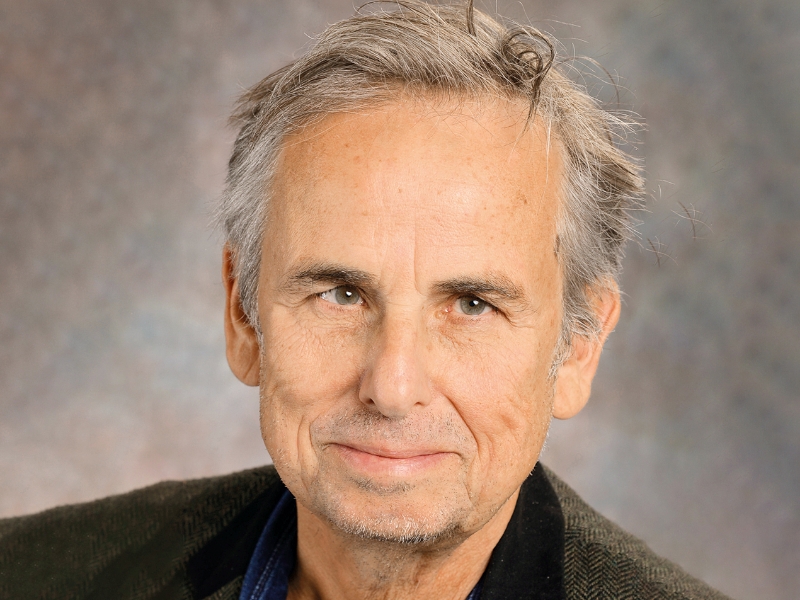
In a time of rankings, output mania and rampant testitis, I am constantly receiving soothing descriptions of educational values and solid teaching quality from the University of Bern. This was confirmed to me not only by my two daughters who studied at the University of Bern, but also by former students.
As a member of the Cantonal Parliament and an education politician, however, I am confronted with deficits and ever-increasing demands. Economics teaches the law of the scarcity of resources. Perhaps it is worth reminding all students and employees of the University of the incredible achievements the University of Bern has made in international comparison and what great opportunities it can still offer its students. Maintaining this level – which, incidentally, is also financed by cleaning specialist Dzemaili and polymechanic Gentili – will be a major challenge. Headlines that focus less on university sit-ins and more on the successes in research and the good specialist education of our doctors could help here.
“Thank you for your openness”
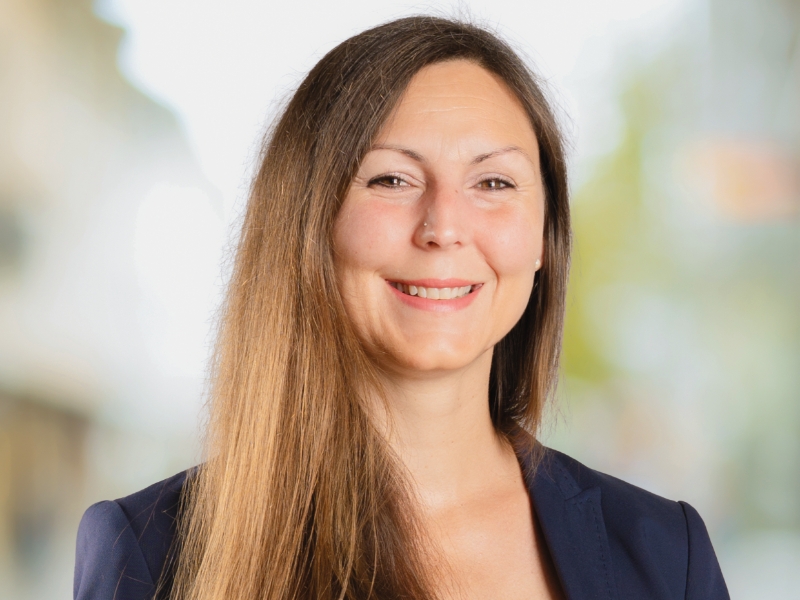
The University of Bern is much more than a place of research and teaching – it is a key driver of economic, cultural and social development of the region and the canton. With its numerous students, employees and research institutions, it stimulates the city, strengthens the local economy and creates jobs. At the same time, it is a magnet for smart minds from both Switzerland and abroad, making the region cosmopolitan, dynamic and forward-looking. This makes the University of Bern an important pillar of Switzerland as a center of education and an important part of our canton’s identity.
I would like to see the University of Bern continue to advocate broad, critical and independent education – open to new ideas, but with a clear stance on social challenges such as the current global situation, climate change and social inequality. It is important to me that the University Executive Board continues to take a critical look and act when extreme positions are represented. I hope that it not only strengthens students professionally, but also on a personal level, encourages them to take responsibility and explore creative paths.
And what I always wanted to say to the University of Bern: Thank you. Thank you for your contribution to knowledge, innovation and social cohesion. Thank you for your openness and diversity. And thank you for bringing life to our region – day in and day out.
Facing problems
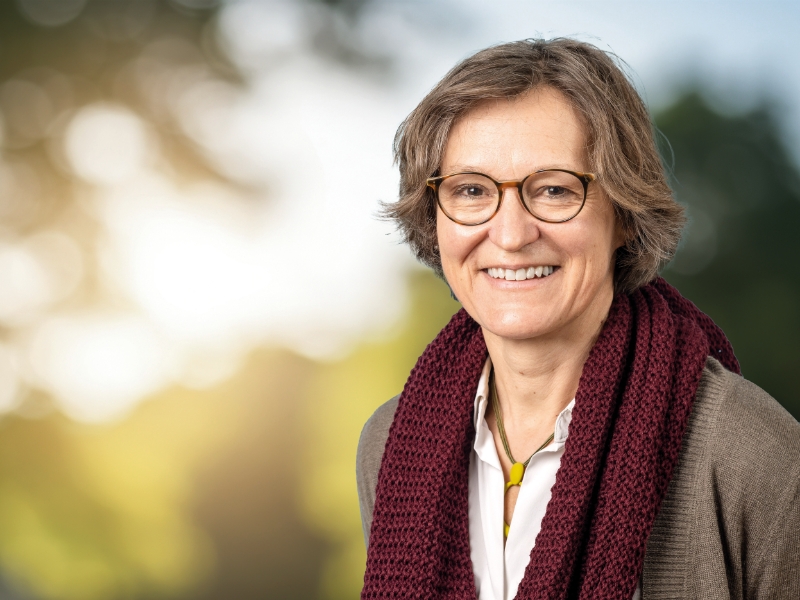
The University of Bern is an opportunity for our young people, an ideal place with its offerings and geographical location – certainly a linguistic challenge for us French speakers from the Canton of Bern, the Bernese Jura and the Grand Chasseral. The University also represents a bridge in the course of a lifetime. For the canton, it is a beacon, a stronghold that juggles traditions and innovations as well as social and economic challenges.
The University’s mission is to be a place of excellent education, exchange, sharing and respect for the individual. In a bilingual canton, it must show the voice of bilingualism in particular, but also of multilingualism, which is obligatory in an academic environment. I expect the University of Bern to face up to the challenges of our time in the areas of climate, energy, society and the environment, to always remember where it came from, and to develop a clear vision of where it wants to go.
There’s nothing in particular that I’ve always wanted to say to the University of Bern. When I have something to say, I’ll say it directly. Instead, I would like to express a few wishes: I hope it succeeds in surrounding itself with enthusiastic and passionate lecturers. In developing a framework and courses that attract many students and prepare them for a sometimes harsh professional world. I hope that it will find a sustainable financial balance and remain a renowned and widely respected University. Good luck!
Focus on strengths
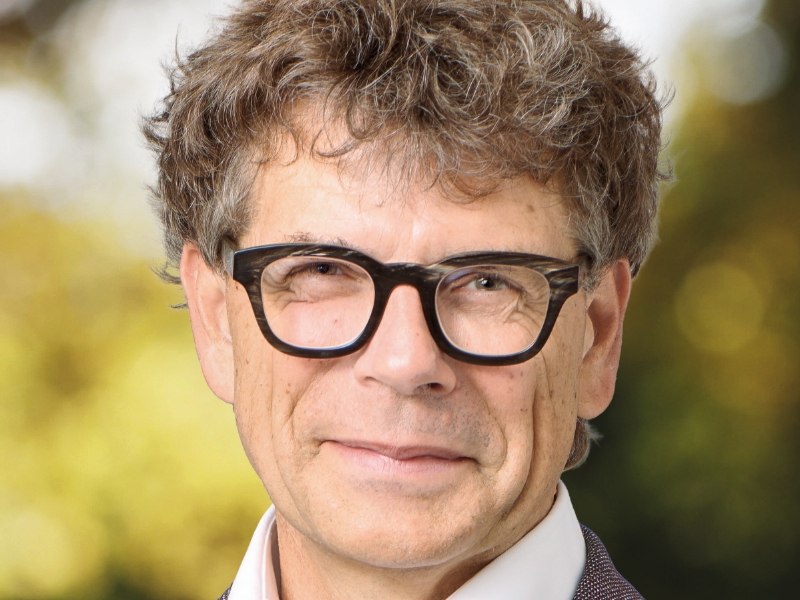
The University of Bern is a central pillar of education, research and innovation in the Canton of Bern. From my point of view and from the point of view of the FDP in the Canton of Bern, it strengthens the Canton of Bern as a business location, attracts talented people from both Switzerland and abroad, and creates high-quality jobs. It promotes entrepreneurship and technology development and makes a material contribution to international networking. This makes it a driving force for progress and prosperity in the region.
However, I would like to see more efficiency and cooperation from the University of Bern. Degree programs with a small number of students should be centralized in consultation with other universities. In this way, resources can be pooled, quality improved and unnecessary duplication avoided – in the interests of excellence and cost awareness.
The funds (whether from the federal government or the canton) are not expected to increase in the next ten years. Focus on your strengths to maintain your excellence.
“Seek dialogue!”
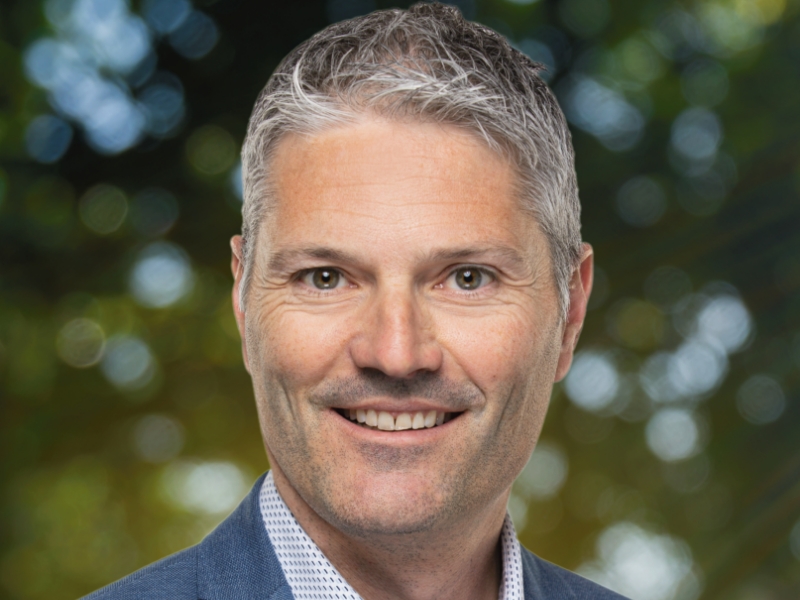
When I think of the University of Bern, I see not only an academic center, but also a bridge between the city and the countryside, and even abroad. As a former headmaster and musician, I have experienced just how important these bridges are: Knowledge, research and inspiration should not remain hidden behind the walls of an institution, but should find their way out as far as Steffisburg and all the regions of the canton.
Internationality and regionality should not be contradictory, quite the opposite in fact: It is precisely this anchoring in the canton that provides the strength to have a long-term impact. Engage in dialogue with municipalities, schools and companies. After all, a university that not only conducts research and teaching, but is also visibly accessible creates added value for everyone in the city and the country, in academia and in everyday life.
Today, as mayor of Steffisburg, a member of the Cantonal Parliament as well as a member of the Education Commission, I see the University of Bern as a driving force for education, research and innovation. It shapes our researchers and specialists – people who bring their skills back to our communities. For us in Steffisburg, this means that we benefit from a strong University, even though we are not physically close to it. The canton thrives on its diversity, from international research in the capital to the schools, municipalities and companies in the regions. Education is much more than specialist knowledge: It inspires, broadens horizons, promotes creativity and builds bridges between people.
Subscribe to the uniAKTUELL newsletter

Discover stories about the research at the University of Bern and the people behind it.
